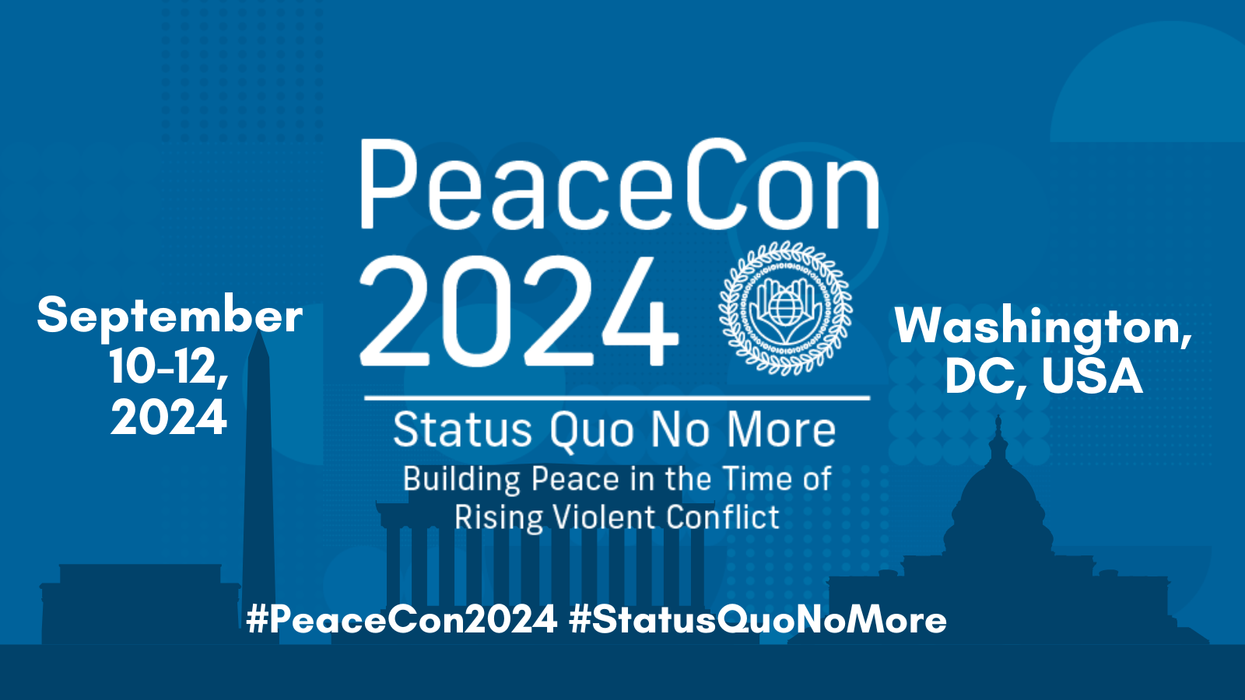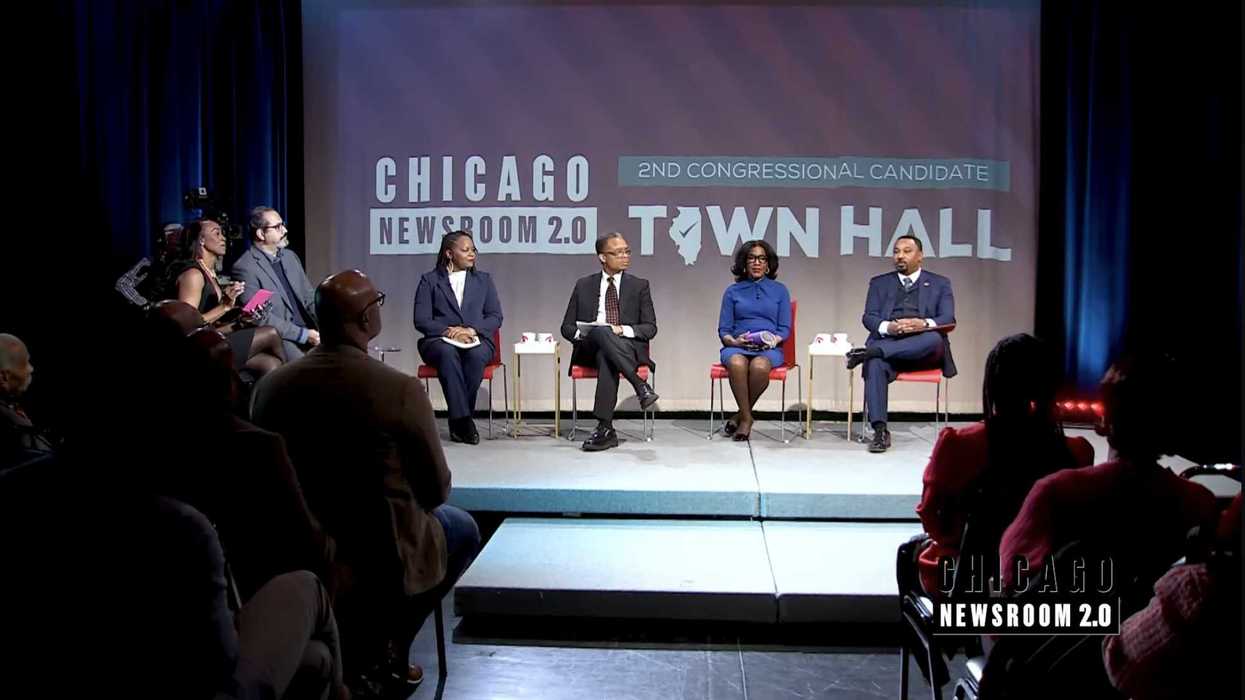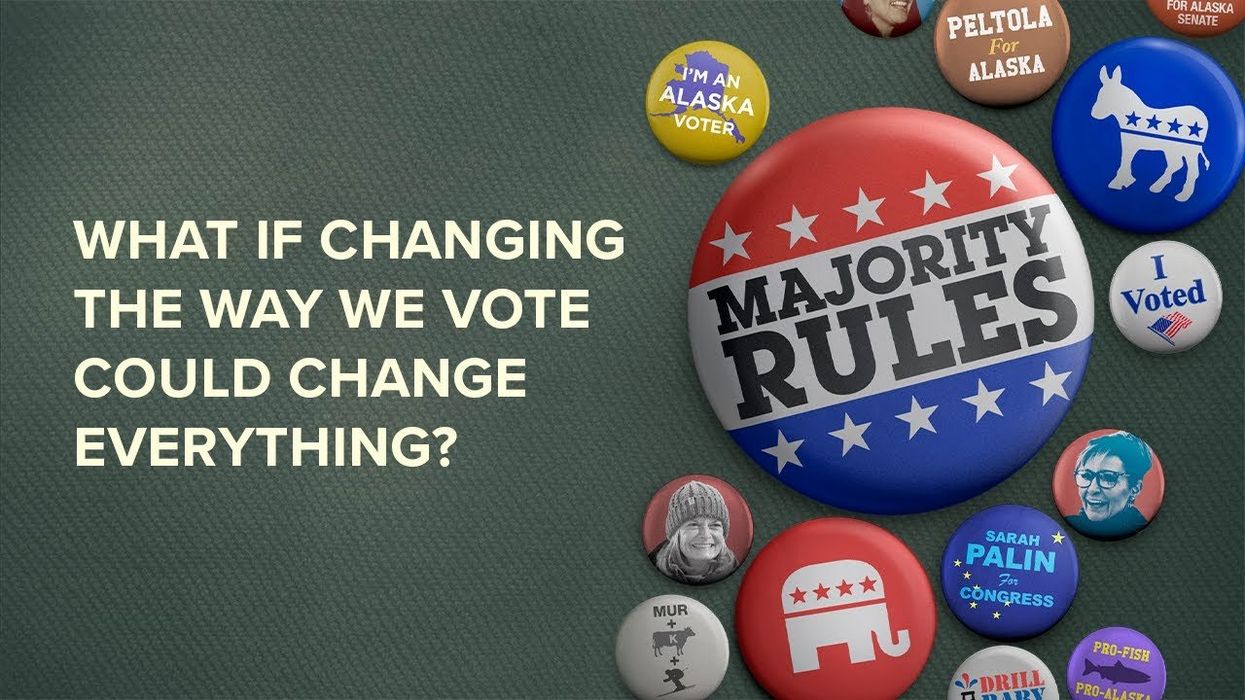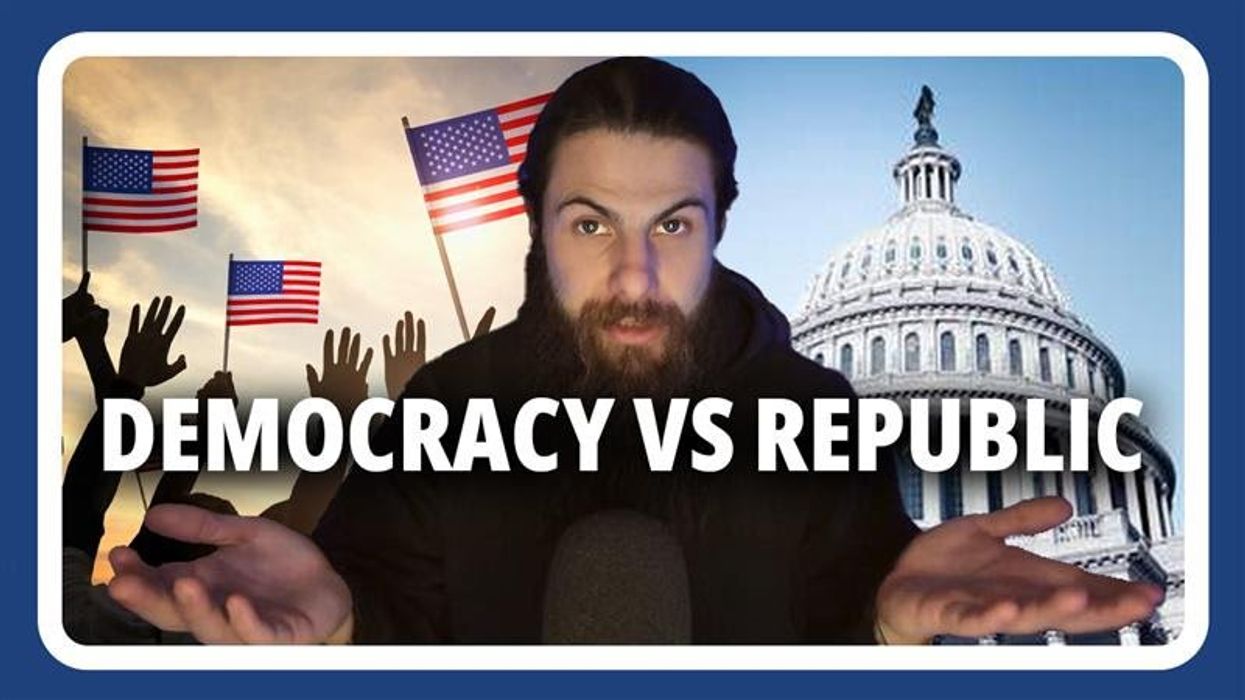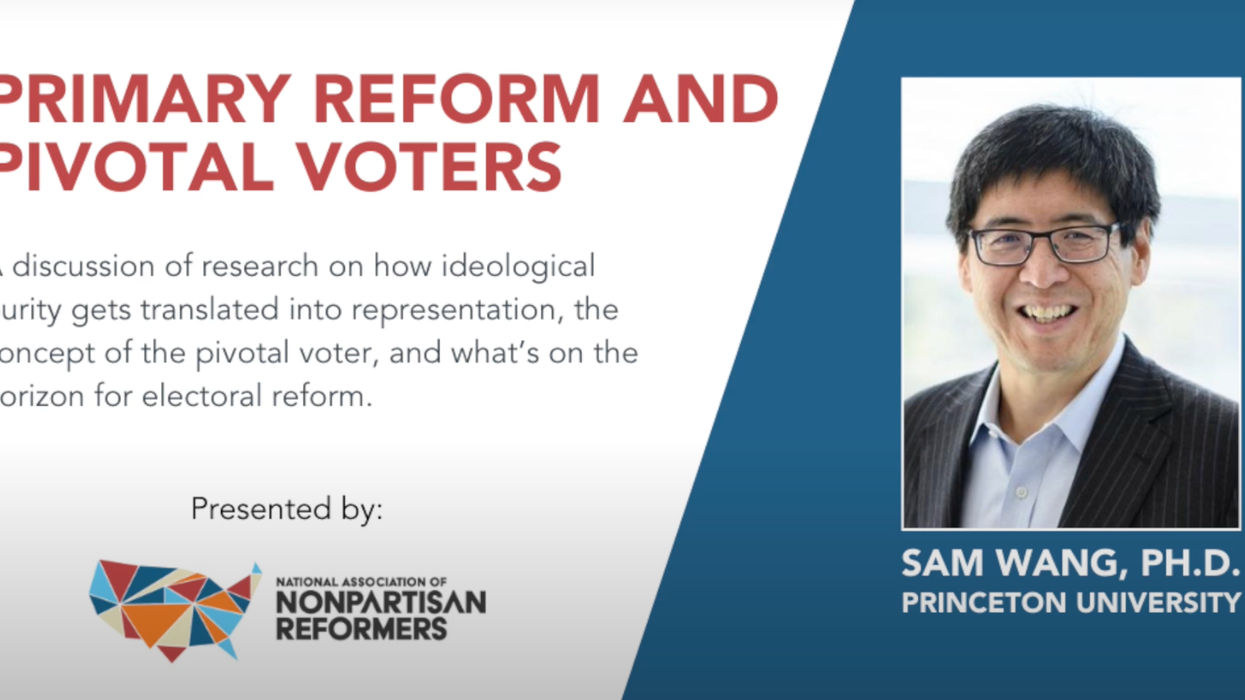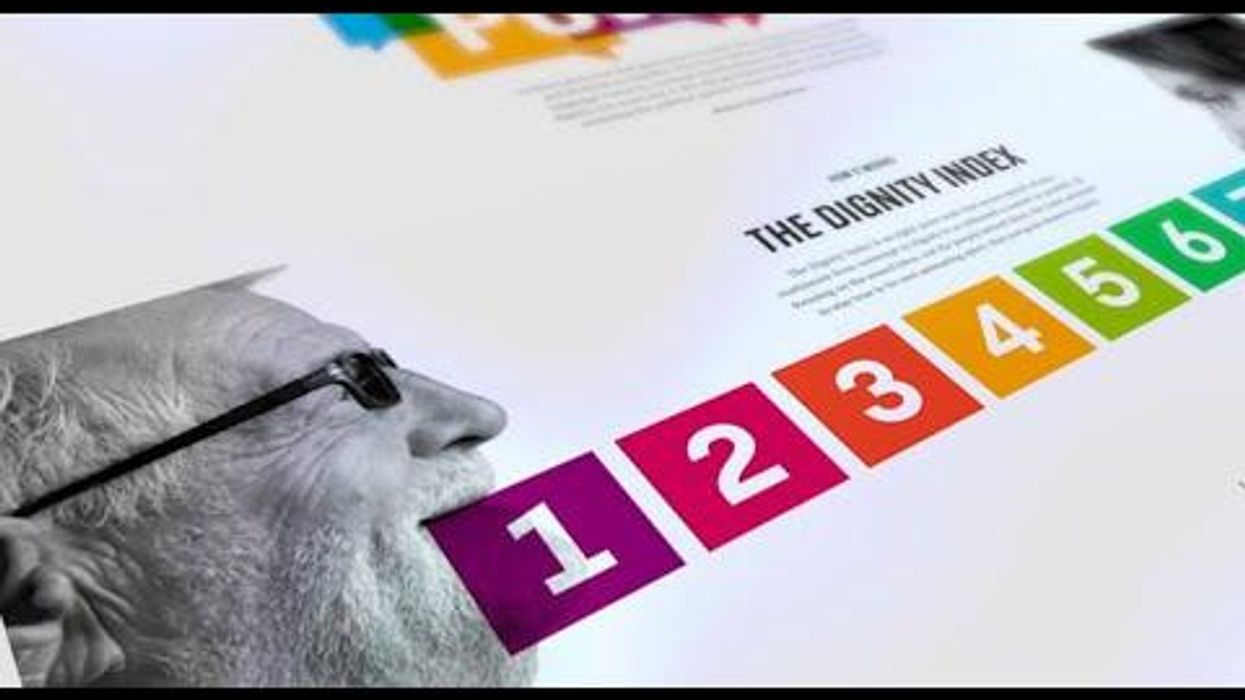On September 10th - 12th, AfP and the U.S. Institute of Peace (USIP) held the 12th annual PeaceCon, the premier global gathering designed to address contemporary challenges in peacebuilding and conflict resolution. Taking place in hybrid format, the conference focused on the theme “Status Quo No More: Building Peace in a Time of Rising Violent Conflict,” bringing together senior officials, thought leaders, policymakers and practitioners from around the globe to explore and tackle the challenges facing the peacebuilding community.
Amid a global rise in fragility and violence, including a deepening war in Ukraine and crisis in the Middle East, the peacebuilding community is navigating a dramatically evolving conflict landscape. New trends like artificial intelligence and environmental disruptions could cause large-scale shocks and violence. Meanwhile, a general decline in social cohesion and trust is complicating the resolution of violent conflicts. The rise of a wide array of new actors—both state and nonstate—is bringing forth a multipolar world, and new global fault lines are emerging. Despite these new challenges and shifts, the peacebuilding community has an opportunity to leverage scalable, evidence-based and locally-led solutions to prevent and reduce conflict drivers while helping to build more sustainable peace and resiliency.
Charting a way forward for the peacebuilding community will require reframing peacebuilding in ways that are actionable, practical and results-oriented. It will require more effectively and urgently building champions among communities of policymakers, business leaders, bilateral and multilateral donors, the nonprofit sector, and the broader public.





